Nairobi, 15 May, 2024 / 9:18 pm (ACI Africa).
Governments in Africa need to put in place some “clear policies” that can regulate Artificial Intelligence (AI) on the continent, a Catholic Priest has said.
In an interview with ACI Africa on the sidelines of the celebration of the 58th World Day of Social Communications Day (WCD) 2024, which Catholic media entities in the Archdiocese of Nairobi (ADN) organized, Fr. Andrew Kaufa weighed in on AI that characterizes Pope Francis’ Message for the annual event marked on the Sunday before Pentecost during which the Church celebrates the achievements of the communications media and how they can be engaged to promote gospel values.
In his message released under the title, “Artificial Intelligence and the Wisdom of the Heart: Towards a Fully Human Communication”, the Holy Father reinforces his call for “ethical reflection” and “open dialogue on the meaning of these new technologies” that he had expressed earlier in his Message for the 57th World Day of Peace 2024.
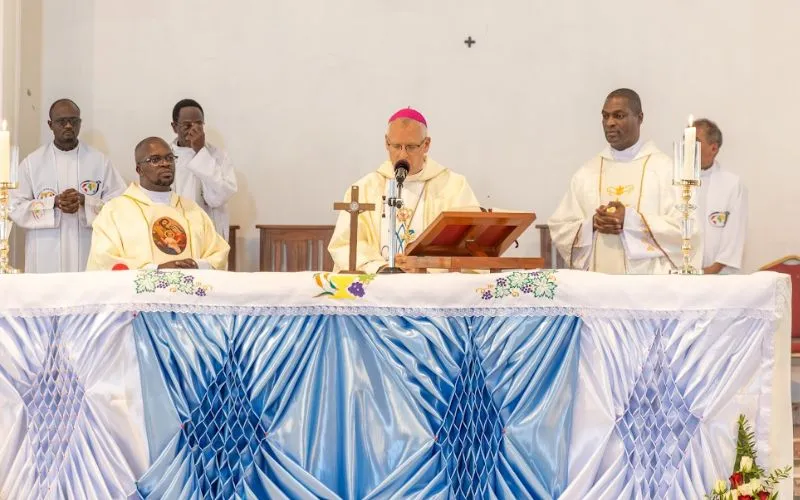 Credit: BEAMS
Credit: BEAMS
On the opportunity and danger of AI, Pope Francis urges the international community “to work together to adopt a binding international treaty that regulates the development and use of artificial intelligence in its many forms”.



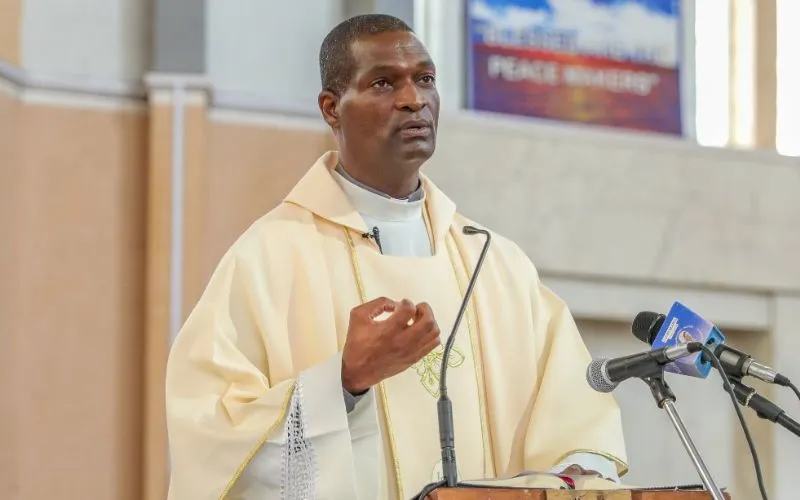
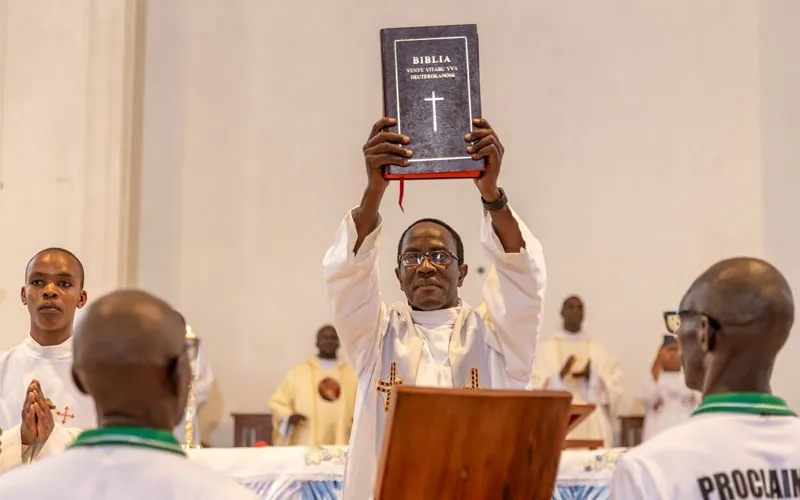 Credit: BEAMS
Credit: BEAMS
 Credit: BEAMS
Credit: BEAMS Credit: BEAMS
Credit: BEAMS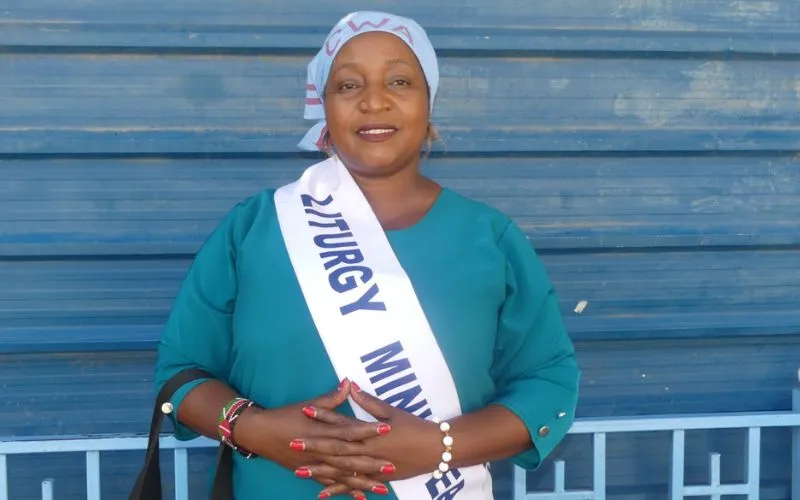 Patricia Mwende Kilonzo, a parishioner at Our Lady of Assumption Umoja Parish. Credit: ACI Africa
Patricia Mwende Kilonzo, a parishioner at Our Lady of Assumption Umoja Parish. Credit: ACI Africa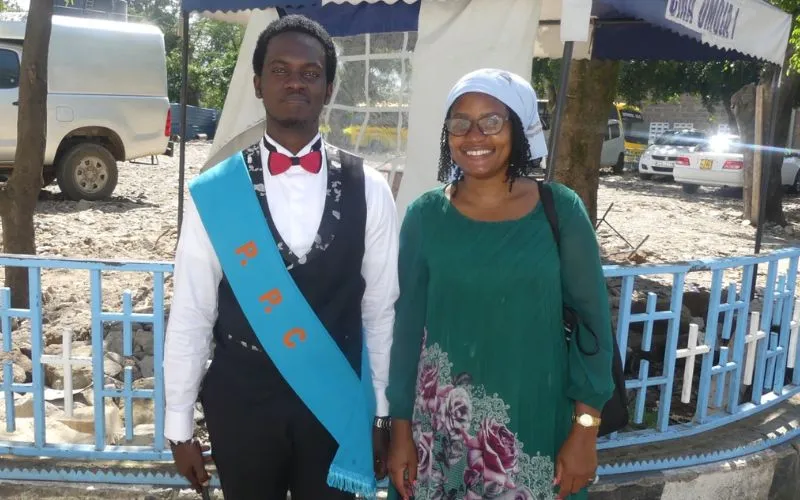 Mrs. Edna Nzau Chege (right). Credit: ACI Africa
Mrs. Edna Nzau Chege (right). Credit: ACI Africa


